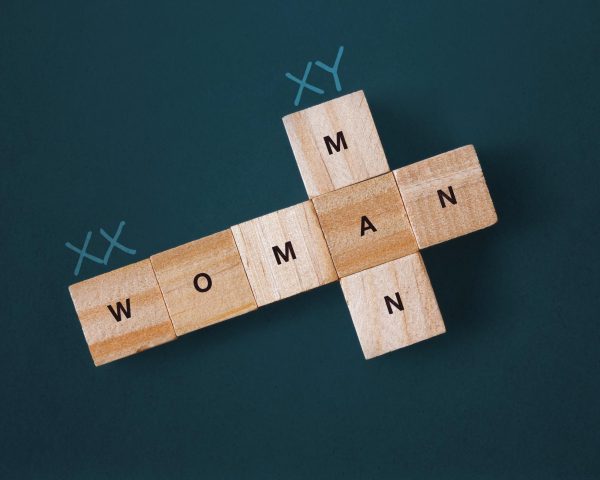Patsy Mink: An Unrecognized Hero
Representative Patsy Mink in Washington D.C.
Patsy Mink: An Unrecognized Hero

In 2017, TIME released an article called “International Women’s Day: 50 Women Who Made American Political History.” One of the women they honored was Representative Patsy Takemoto Mink. Mink was a trailblazer who played a huge role in expanding women’s rights, civil rights, and education reform. Her life and story deserve more recognition from the American public.
Mink was a third-generation Japanese American who was the first Asian American woman and woman of color to be elected to the House of Representatives. She entered politics in response to gender discrimination she experienced while pursuing a career in medicine and at law firms. No one would hire her because she was a woman who happened to be a young mother in an interracial marriage – things that were frowned upon at the time. In response to these inane rejections, Mink opened her own law firm, served as an attorney for Congress, started the Oahu Young Democrats group, and eventually became active in local Hawaiian politics. She would move on to serve in the U.S. Congress for 13 terms.
While in office, Patsy Mink sponsored impactful legislation and always spoke passionately for issues she felt strongly about. Most famously, she worked with Representative Edith Starrett Green(OR) and Senator Birch Evans Bayh(IN) to propel Title Ⅸ into the American spotlight. Title Ⅸ established that “no person in the United States shall, on the basis of sex, be excluded from participation in, be denied the benefits of, or be subjected to discrimination under any education program or activity receiving Federal financial assistance.” This legislation was momentous at the time because it gave women equal opportunities to education. Mink introduced many other crucial pieces of legislation including the Early Childhood Education Act, the Elementary and Secondary Education Act of 1965, the Women’s Educational Equity Act of 1974, the Equal Rights for Women Act, the Ovarian Cancer Research Act, and the Gender Equity Act of 1993. She fearlessly criticized the Vietnam War, testified against President Nixon’s Supreme Court nominee George Harrold Carswell, sued the EPA, and would go on to staunchly oppose the formation of the Department of Homeland Security.
Furthermore, Mink joined other Congressional members in forming the Congressional Asian Pacific American Caucus. She also attempted to run for Senate, Mayor, Governor, and President. She was the first Asian American Woman to seek the presidency and ran on an anti-Vietnam War platform. However, she struggled to gain votes because of widespread criticism of her meeting with North Vietnam’s foreign minister, Nguyễn Thị Bình.
During her tenure in Washington D.C., Mink was seen by many as “exotic” and “diminutive” because she was different from the politicians of her time. Fellow politicians repeatedly tried to squeeze her out of politics because she did not fit the ideal politician mold, and she never held back her criticism of legislation, Presidents, and even her own party. Despite these critiques, Mink’s legacy is one of groundbreaking achievement and progress. She paved the way for Asian American politicians such as Grace Meng, Kamala Harris, Mazie Hirono, and others. Patsy Mink’s dedication and hard work are forever cemented in American society and we owe her a great deal for her activism and achievements.
Courtney is a senior at BASIS Independent Brooklyn. She enjoys volunteering at the Prospect Park Zoo and the New-York Historical Society. Courtney looks...












